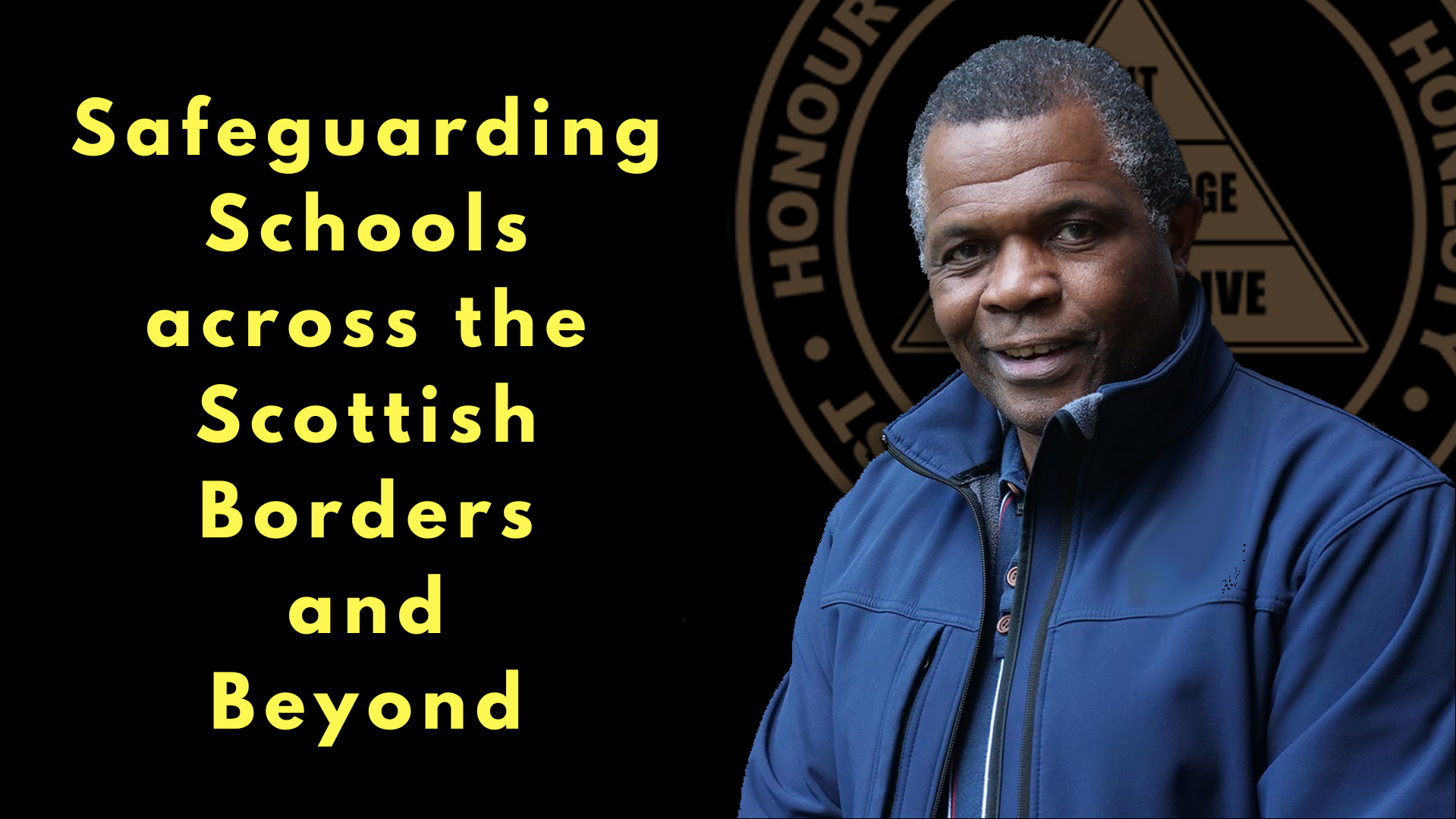Whilst UNISON survey exposes ‘shocking’ levels of violence in Borders schools, are things any different in your area?
85 per cent of respondents reported experiencing/witnessing slapping or punching – that figure rose to 88 per cent regarding kicking incidents.
More than 55 per cent of respondents said they experienced violence multiple times a week.
In recent months, the Scottish Borders region has been in the spotlight due to a concerning surge in incidents of violence and aggression within school premises.
Reports detailing such incidents have sparked discussions not only within the educational community but also among policymakers, parents and people across the country.
As educators and stakeholders grapple with the challenge of ensuring safe learning environments, it’s crucial to delve into the complexities of this issue, examine existing legislation, and explore avenues for proactive intervention and support.
A recent Department for Education report on reasonable force, restraint, and restrictive practices in alternative provision and mainstream schools has added fuel to the fire, drawing attention to the need for comprehensive guidelines and protocols to address challenging behaviours effectively.
Understanding the legal framework surrounding the safety, health, and well-being of all individuals within educational settings is paramount in shaping responsive strategies.
Across the United Kingdom, various laws and legislation exist to uphold the safety and welfare of teachers, pupils, and visitors within school premises. The Education (Scotland) Act 1980, for instance, places a statutory duty on local authorities to ensure that schools provide a safe, secure learning environment.
Similarly, the Education and Inspections Act 2006 in England and Wales empowers school staff to use reasonable force to maintain discipline and prevent harm to pupils, staff, or property.
- REMEMBER: all physical intervention must be justified!
The Equality Act 2010 mandates that schools, and all organisations, address and prevent discrimination, harassment, and victimisation.
These legislative frameworks underscore the importance of having proactive measures in place to improve safety and manage potential conflict situations effectively.
Amidst these challenges, organisations like the National Federation for Personal Safety (NFPS) Ltd play a pivotal role in equipping educational institutions with the necessary tools and support to navigate complex behavioural issues.
Through training, guidance, and advisory services, NFPS empowers educators and staff to prevent, manage and resolve challenging and aggressive behaviours effectively.
NFPS’s training programmes encompass a range of strategies tailored to the unique needs of educational settings, including de-escalation techniques, conflict resolution skills, and crisis intervention protocols.
By fostering a culture of safety and empowerment, NFPS enables schools to proactively address behavioural challenges while promoting the well-being of all individuals involved.
In addition to training initiatives, NFPS provides ongoing support and guidance to schools, offering expert advice on risk assessment, policy development, and best practice processes in behaviour management.
By leveraging a holistic approach that integrates training, support, and advisory services, NFPS equips schools with the resources and confidence to navigate complex behavioural dynamics with competence and assurance.
As the spotlight remains firmly fixed on the issue of violence and aggression in schools across the Scottish Borders and beyond, it is imperative for stakeholders to work collaboratively towards sustainable solutions.
By harnessing the guidance of organisations like NFPS and upholding the principles of inclusive education and safeguarding, we can develop environments where all individuals thrive, free from fear and intimidation.
Addressing violence and aggression in schools requires an approach that encompasses legislative compliance, proactive intervention, and collaborative partnerships.
By prioritising the safety, health, and well-being of all members of the school community, environments where every individual has the opportunity to learn, grow, and succeed will grow.
Learning Lessons
Workplace violence, as defined by the HSE, encompasses various forms of abuse, threats, or assaults that affect the health, safety and well-being of employees.
Recognising these incidents and reporting them according to guidelines is essential if you want to improve your safety and the safety of the people around you.
Improvement in safety will ultimately enhance the overall safety for all (staff, the people you support and visitors/contractors) parties.
Remember, if you or anyone you know experiences such incidents in the workplace, it’s important to report those incidents to the appropriate authorities or your company’s designated points-of-contact.
How do you perceive the threat of violence and aggression towards you or towards the people around you?
How can we help you?
Trevel Henry – Director, NFPS Limited
Since 1994, Trevel has been a training consultant in the prevention and management of abusive, disruptive, aggressive and violent behaviour.
As an expert witness, Trevel provides advice and support on the use of force and physical intervention including the use of personal protective equipment.
He has worked on numerous case incidents within the police and prison services, Security Industry Authority, Home Office, Young Offenders Secure Institutions, Independent Police Complaints Commission, health services and social care.
During his time with Kent Police, he was a member of the Police National Practitioners Group for Personal Safety Training where he gained significant expertise in legislation, policies, risk management and assessment, training design, post incident management and welfare review of work-related aggressive and violent incidents.
As a member of the Security Industry Authority (SIA) expert group, he reviews qualifications for the management of work-related violence and aggression. He also provides guidance to NHS Trusts on policies, procedures and working practices.
He consults and trains across all work sectors on reducing the need for restraint and restrictive interventions.
Achievements:
Legal: Trevel has worked on high profile restraint related death cases, as well as cases of abuse allegation and compliance failures within care settings.
Training: He has delivered training, presentations and talks to operational and support staff across the UK, Europe, South Africa, Canada, USA and the Caribbean.
Report: He was co-author of the report ‘Occurrence of Injury During Officer Safety Training at Kent Police’.
Media: He has appeared as an expert spokesperson across TV and radio on reasonable force and the physiological and psychological effects of fear and stress.
To contact us please complete the ‘Contact Us Form‘ here – https://nfps.info/contact-nfps/

